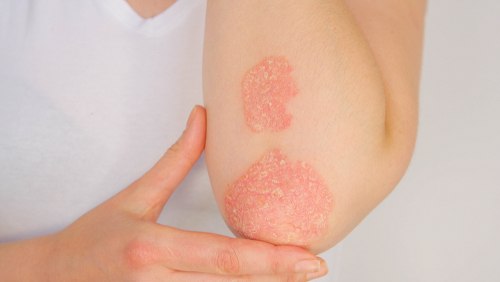Patients with psoriasis often face specific barriers to physical activity (PA), making them less active than age-matched controls. This inactivity, coupled with long-term health complications such as depression, metabolic syndrome, and cardiovascular disease, poses a considerable challenge for healthcare services. Addressing this, a tailored PA intervention was hypothesized to potentially offer therapeutic benefits in managing psoriasis.
In a single-center, 20-week prospective cohort study, 16 participants with chronic plaque psoriasis underwent a structured PA program involving twice-weekly 60-minute walks in greenspaces, monitored via wearable technology. The intervention led to significant improvements at both the mid-point and conclusion of the study, including reductions in Psoriasis Area and Severity Index scores and improvements in dermatological quality of life. Additionally, participants showed enhanced cardiovascular health, psychological well-being, and functional capacity. These results suggest that structured physical activity could be a viable supplementary treatment for managing psoriasis.
Reference: Sheppard R, Gan WK, Onambele-Pearson GL, Young HS. Increased physical activity promotes skin clearance, improves cardiovascular and psychological health, and increases functional capacity in patients with psoriasis. Skin Health Dis. 2024;e426. https://doi.org/10.1002/ski2.426









